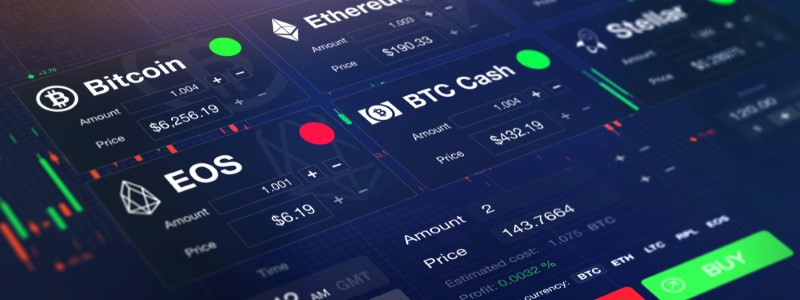Seasoned cryptocurrency traders and those new to holding virtual currency often wonder about the security surrounding crypto exchanges. Exchanges, in the form of centralized trading platforms or P2P networks, remain the most popular way to buy and sell digital currency.
Popular virtual currency exchanges Binance offer an array of features and tout many security features to ease the minds of customers concerned about risks like hacking. However, as cryptocurrency grows in popularity, a dizzying array of exchanges, like CryptoExchange, have sprung up, leading many to question the overall safety of specific platforms.
Curious to learn how safe crypto exchanges really are? Keep reading to get a better understanding of key features found in reputable exchanges to guard against hacking and theft.
Moving Crypto To Cold Storage Should Be The Initial Move
Generally speaking, crypto holders should not store large amounts of virtual currency on any exchange. As clearinghouses for countless transactions each day, an exchange is a lucrative target for hackers and other malicious actors.
Large exchanges like CoinCheck and NiceHash have fallen victim to attacks that saw millions in digital currency stolen. Investors with sizable cryptocurrency holdings should use a cold storage solution to keep digital assets safe and only rely on exchanges when it comes time to buy, sell, or trade coins. Any cryptocurrency investor, no matter their portfolio, would be wise to purchase a hardware wallet like a Trezor or Ledger to store coins.
Keeping cryptocurrency on an exchange is too risky of an endeavor as hackers become more sophisticated and launch ever-complex attacks on exchanges.
Keeping Assets Safe On Exchanges
Even though it is best to move crypto assets off exchanges to a more secure storage solution as quickly as possible, some platforms have a few features that make them relatively safer than other exchanges.
One of the simplest is two-factor authentication. Leading exchanges require this step to account holders to provide extra security during the login process. Without two-factor authentication, a malicious actor would only need an account username (like an email) and password to be able to log into an account on an exchange and steal funds.
While some crypto holders value their privacy, an exchange with a rigorous and thorough identification process is usually a good sign that the platform maintains a strong degree of security. Depending on the jurisdiction, some exchanges ask users to complete a variety of KYC (know your customer) and AML (anti-money laundering) procedures while making an account.
Crypto holders would be smart to use a separate email for any exchange accounts and vary passwords used across platforms.
These steps reduce the risk of a hacker exploiting other accounts if they happen to steal one set of login information. Any login info should be securely stored and separated from other passwords and usernames to mitigate risks of theft.
Finally, crypto holders should be very careful about the type of information they post online, and should never publicly share the name of the crypto wallet or exchange they use. Any sort of information can be used by a prospective thief as part of a strategy to try and steal funds.
Exchanges Have Their Place, But Should Not Be A Primary Storage Option
Countless crypto holders successfully and safely use exchanges to carry out transactions each day. The vast majority commence without any issue. However, no exchange is immune from the risks of hack or theft, and platforms with a high degree of notoriety and legitimacy have not escaped the activity of malicious actors.
Cryptocurrency holders should understand the risk factors of keeping digital currency on an exchange. They should be aware these platforms are primarily a tool to exchange coins and are not entities dedicated to ensuring ironclad cybersecurity.
As a result, users should move as many coins as possible off of exchanges and rely on a separate wallet to safely secure funds.
